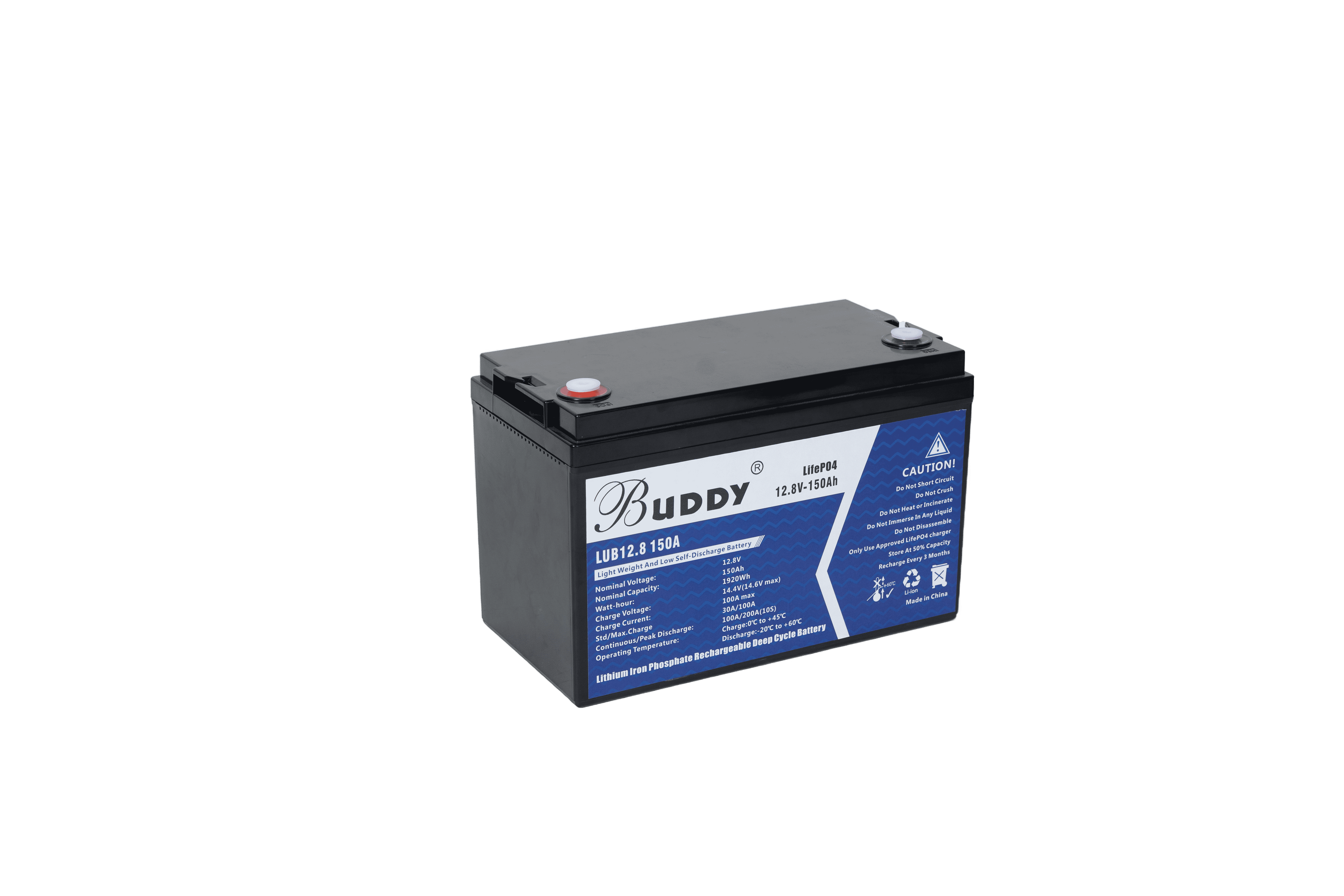Energy storage is a technology that allows the energy generated to be stored and used at a later time. Energy storage often takes the form of battery storage, such as lithium-ion batteries used in electric vehicles, electronic devices, and household battery systems.

energy storage technology can make better use of intermittent renewable energy technologies, such as solar and wind power. As California's need for a flexible and resilient grid continues to increase, the role of energy storage has significantly increased. By storing excess energy generated when the sun is shining or the wind is strong, we can make the most of these resources during periods of high demand, reducing the need for carbon-intensive gas plants. Distributed and utility-scale energy storage technology can also reduce costs for consumers and utilities.
the effectiveness of the energy storage technology depends on its deployment of speed, storage capacity and charging when there is a need for speed. Batteries have been in use since the early 19th century, but technology has improved significantly since then. Pumped storage has been in use in the United States since the 1920s. As the demand for clean energy and energy independence continues to increase, so does the need for energy storage solutions. Extreme weather events caused by climate change are also increasing the demand for energy storage, as customers experience more grid outages and need power to cool and heat their homes. Energy storage offers a solution to these problems.
what are the different types of energy storage system?
energy storage solutions have a variety of forms, from the scale of public utilities to household battery system. Utility-scale solutions will help meet the storage and resiliency needs of the entire grid, while personalized solutions for your home or business can help you save money and keep the lights on during outages.
utility scale solution
the generating capacity of 4 billion megawatts (mw) in 2017, but the available energy storage capacity of 431 megawatts. Pumped storage accounts for 95% of utility-scale storage capacity, largely due to the cost-effectiveness of this approach. However, from 2010 to 2016, the cost of lithium-ion batteries for electric vehicles dropped by 73%, indicating that the cost of lithium-ion as an energy storage resource has dropped significantly.
Efficiency ranges from 25% to 95% depending on the type of energy storage (pumped storage, compressed air, molten salt, lithium-ion, lead-acid, flow, hydrogen, and flywheel). Lithium-ion and flywheels are the most efficient, with ratings as high as 95%. Not all types of energy storage are suitable for utility-scale solutions.
https://mcecleanenergy.org/wp-content/uploads/2021/07/energy-storage-capture.jpg
(image: Recharge News)
Lithium-ion batteries account for more than 90% of the global grid battery storage market. They have a high energy density, are light in weight and are easy to implement in a variety of environments. By pairing lithium-ion batteries with solar panels, it is possible to create a 100% clean power system that is completely self-sufficient and can operate indefinitely. This ideal solution is suitable for both utility and customer-scale energy storage.
Customer-scale solutions
Lithium-ion solar plus storage solutions are the most common and cost-effective way to store energy in the home. These systems provide reliable backup power during power outages. Unlike gas generators, batteries do not require fuel, which is difficult to find during power outages, and cannot be stored for long periods of time. They can also help you save money while the grid is up and running. Excess solar energy generated during the day can be stored and then discharged at night to offset any electricity use you would normally draw from the grid. These batteries can also be used without solar power to help draw renewable energy from the grid during the day and use it at night.
While these systems can be costly to install, MCE's energy storage program provides support and funding through vetted contractors to help you use energy storage in your home. Learn more about the benefits of home energy storage in the following post: Four reasons to invest in solar storage and five things to consider when installing a home energy storage system.